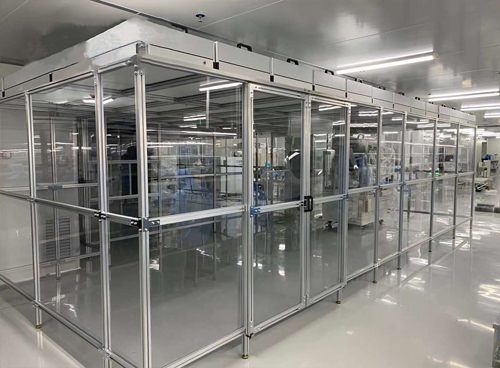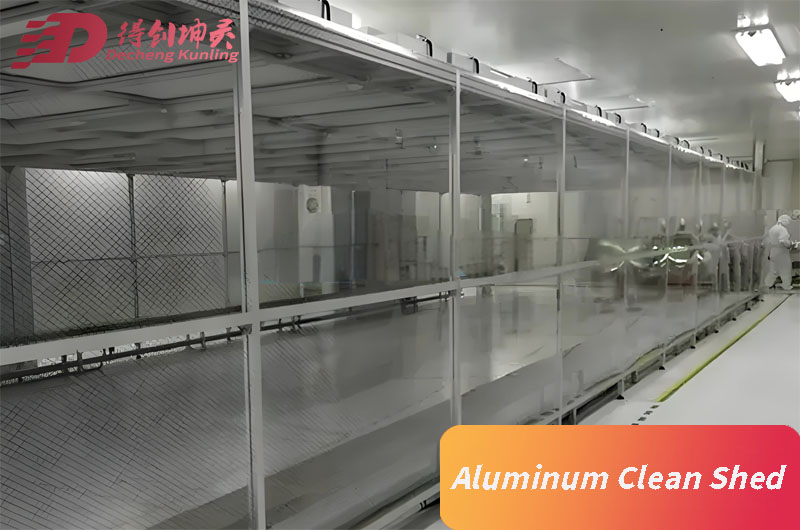hardwall Clean rooms vs Modular Options
Understanding the Advantages of Hardwall Clean Rooms in Controlled Environments
Introduction
Clean rooms are essential in industries where environmental control is critical. This article explores the advantages of hardwall clean rooms over modular options, the different types of clean rooms available, and their importance in various industries.
Advantages of Hardwall Clean Rooms
Types of Clean Rooms
Hardwall Clean Rooms
Constructed with rigid materials, offering superior structural integrity. They maintain strict cleanliness standards and are ideal for industries requiring high containment and filtration efficiency.
softwall Clean rooms
Utilize flexible materials such as vinyl or plastic for walls. They are easier to set up and modify than hardwall options, making them suitable for temporary applications.
Modular Clean Rooms
Consist of pre-fabricated panels that can be assembled and disassembled easily. They provide flexibility and scalability, allowing for quick installation and reconfiguration.
Clean Booths
Smaller, localized clean areas within a facility. They are designed for specific tasks requiring cleanliness, such as assembly or testing.
Fan Filter Units (FFUs)
Standalone units that can be added to existing spaces to create clean environments. They filter air and help maintain cleanliness in a localized area.
Importance in Key Industries
Pharmaceutical Industry
Ensuring Drug Safety
Clean rooms prevent contamination that could compromise the integrity and safety of pharmaceutical products.
Compliance with Regulations
Help companies comply with stringent regulations set by organizations like the FDA and EMA.
Protecting Product Integrity
Maintaining a controlled environment safeguards the integrity of active pharmaceutical ingredients.
Semiconductor Fabrication
Contamination Control
Even tiny particles can cause defects, so maintaining low contamination levels is essential.
Precision Manufacturing
Clean rooms provide stable conditions that enhance the accuracy of production processes.
Enhanced Yield Rates
By minimizing defects through controlled environments, clean rooms help increase yield rates.
Conclusion
Hardwall clean rooms offer significant advantages over modular options, particularly in industries where structural integrity, contamination control, and regulatory compliance are paramount. Their durability, customization options, and long-term cost-effectiveness make them an excellent investment for pharmaceutical, semiconductor, and other precision manufacturing industries.
 +86 18186671616
+86 18186671616 Jason@cleanroomequips.com
Jason@cleanroomequips.com
 MENU
MENU








